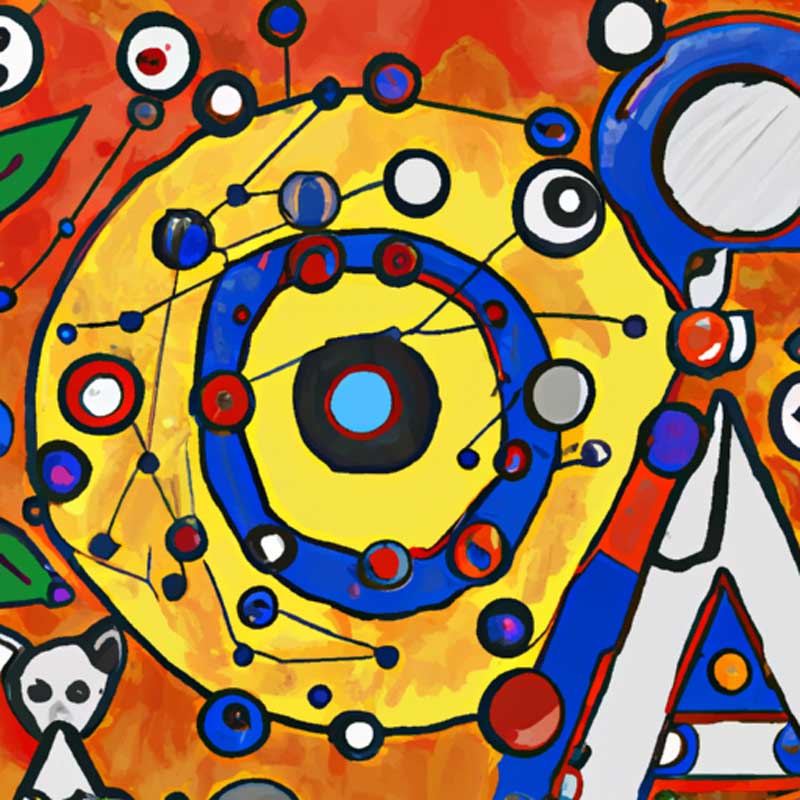Key Points:
- The influence of AI on child development is raising concerns about young people being conditioned to avoid difficult feelings.
- A child’s interaction with AI could potentially affect their ability to sit alone with their thoughts and feelings.
- Research is being conducted to examine the effects of AI interaction on child development.
With growing accessibility and integration of AI in our daily lives, it’s worth considering its influence on children’s development. This article highlights an instance where a 7-year-old child was found to consider Alexa, Amazon’s cloud-based voice service, as her best friend. Being able to compel the AI assistant to perform tasks exactly as asked, children might develop the notion that the world revolves around them. However, this is not a criticism on parents but an observation into the additional challenges posed by technology advancements which earlier generations never accounted for.
The impact of AI on child development is not entirely negative with promising opportunities emerging in this field. Penn State University is developing AI tools to assist children with speech development. UNICEF, considering a global perspective, has programs to endorse children’s rights in AI policy guidance for kids. Recently, a study published by University of California reveals that using speakers to interactively read with children can aid language development, mimicking the benefits of an adult partner.
Concerns expressed by Sandra Chang-Kredl from the Department of Education at Concordia University, about the ubiquity of virtual helpers affecting young people’s ability to sit alone with their thoughts and feelings, reflects a significant question around technology’s impact. The fact that they can connect with something or someone anytime could condition children to evade discomforting feelings. The author endorses the importance of not filling every moment of a child’s ‘boredom’, but to resist and give children space to imagine and observe the real world around them.
The ever-increasing presence of AI in our lives has both pros and cons. As AI continues to evolve, these concerns will hopefully be managed by responsible and ethical guidelines which will consider any potential negative impacts on young minds instruction and development.
